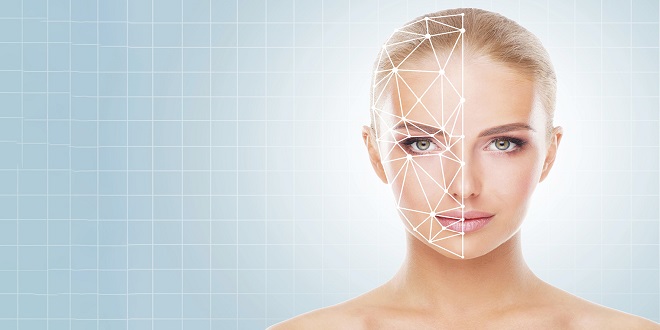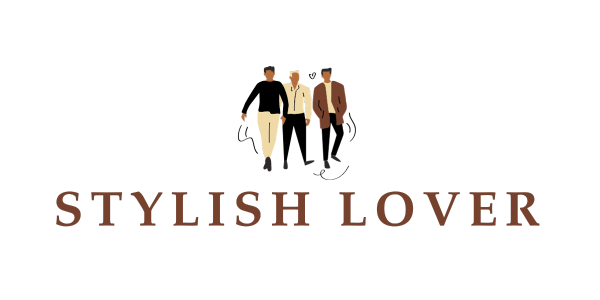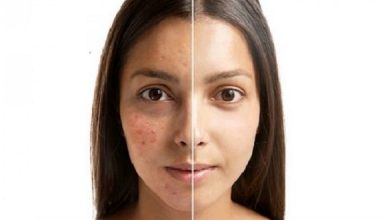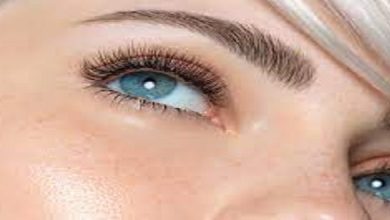AI Transforms the Beauty Industry and Cosmetics Industry

In the 21 century, AI continues to amaze, surprise, and astonish its users. There has been much written about AI’s role as an entertainment and cybersecurity tool. What about the beauty and cosmetics industry? Are these areas equally reshaped by AI? Let’s learn more about today’s post.
Flexibility, Efficiency and Personalization
Cosmetics shops now stock more colors and textures than ever. It can be difficult to find the perfect product with all of the options available. More than three quarters (75%) of respondents admit that they don’t enjoy physically trying out products in shops. Now shoppers can test products on their skin without applying any product to their skin. Yes! It’s as simple as creating professional designs for a beauty business using AI.
Many stores now allow customers to try different makeup looks in-store. Customers can choose from a variety of makeup looks, which allows them to discover new products and styles. Retail shops and brands use face-tracking technology for identifying customers’ skin tones and shapes. This technology allows you to quickly pick the best product for your customer and offer it to them. AI-based technologies employ thousands of facial photos to create generalized shape and feature-point-based tracking data. Machine learning algorithms are activated as soon as a camera recognizes a face. The algorithms use machine learning to identify facial features in the video stream and then adapt a face model to the image. They also track the face over time as it moves. This allows for different facial looks.
Another invention is an application that allows users to steal looks from images, people, or celebrities. Although it sounds amazing, AI-powered tracking technology that can read facial movements and interpret them can predict customer emotions quickly and decide if they are happy with the product. Experts predict that technology will soon be able to tell consumers what they want, and not vice versa. Apps that scan millions of Instagram and Twitter feeds, and track different hashtags, will soon be available to users. They will identify trend colors, textures, and other details. These AI-based apps will decide which look is best for each user based on the data collected. This hyper personalization trend will make it easier and more enjoyable to choose decorative cosmetics and skin-care products from your own home.
Better Hygiene, Sustainability
Many cosmetic companies had to stop using testers due to the pandemic. This made it more difficult for customers and made it harder to choose products. The pandemic also showed how dangerous and unhygienic testers in physical shops can be. This is where AI steps in to save the day. AI helps beauty industry to redefine customer experience. It offers contactless solutions that allow customers to try on a variety of products such as lipsticks, eyeshadows and concealers. AI tools not only eliminate the need to use unsanitary testers but also provide an environment-friendly alternative to in-store try ons by reducing waste. A virtual try-on can help manufacturers reduce overconsumption while reducing their carbon footprint. Feel free to visit to learn more about – naa songs
AI in Plastic Surgery
The capabilities of facial recognition aren’t limited to unlocking your phone. This AI-powered technology is used extensively in aesthetic medicine. This technology allows professionals to collect biometric data from patients, which can then be used to identify unique facial characteristics. This allows for the identification of the best beauty enhancement procedures that are most suitable for a patient. Deep learning and AI allow doctors to create 3D morphable models (and their bodies) of patients and visualize their post-cosmetic surgery appearance. These advanced techs can create realistic simulations of your post-plastic surgery appearance. These visualizations, which are both informative and helpful to prospective patients, can help doctors feel more confident about the outcome of their work.


